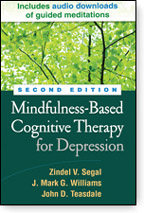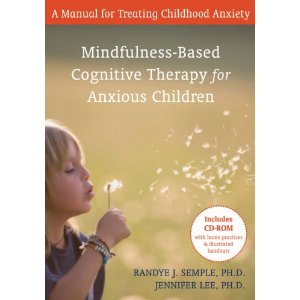What Actually is a Silent Retreat, and Why Go?
As a person who has practiced silent teacher-led meditation retreats for decades and led them for about 14 years, I’ve been reflecting on this question a lot, trying to see it through “fresh eyes” and with a “beginner’s mind”. With my own experience and great mentors to draw from, I thought I would share some of my evolving thoughts and feelings about what a retreat should or could look like, in the hope that these things might interest or inspire people to participate in a retreat.
 Few psychological interventions have engendered so much promise and delivered on that promise with such impressive clinical outcomes and research findings as Mindfulness-Based Cognitive Therapy (MBCT).
Few psychological interventions have engendered so much promise and delivered on that promise with such impressive clinical outcomes and research findings as Mindfulness-Based Cognitive Therapy (MBCT). Pre-order Mindfulness-Based Cognitive Therapy for Anxious Children
Pre-order Mindfulness-Based Cognitive Therapy for Anxious Children